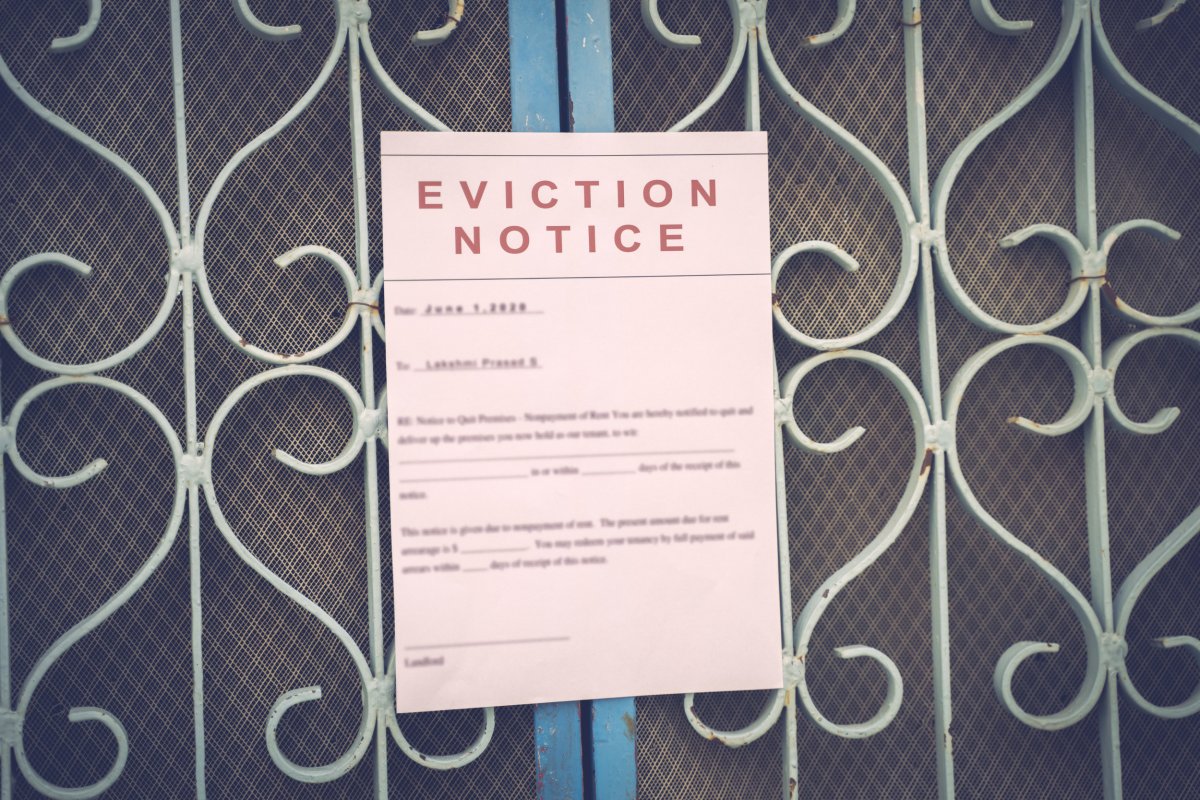The issue of squatting has recently garnered significant attention as reports emerge of conflicts between homeowners and individuals unlawfully occupying properties. A growing number of incidents across the United States highlights the urgent need for understanding and addressing this complex issue. Various states, particularly Georgia, Florida, and Texas, are witnessing higher rates of squatting, raising concerns among property owners and local governments alike.
Squatters are defined as individuals who reside on land or in buildings without the legal right to do so, as stated by the American Apartment Owners Association. This means they often inhabit properties without paying rent or possessing any legal documentation that legitimizes their stay. The implications of this phenomenon extend beyond mere property rights; they also touch on broader social issues, including housing availability and community safety.
Recent surveys conducted by organizations like the National Rental Home Council (NRHC) reveal alarming statistics regarding squatting incidents. For instance, approximately 1,200 homes in the Atlanta area have been reported to have squatters, demonstrating the growing prevalence of this issue. With limited research available, it remains uncertain whether these numbers signify a new trend or a long-standing problem that is now receiving more attention.
In response to the rising squatting incidents, states like Florida and Georgia have begun implementing legislative measures aimed at protecting property owners and facilitating the removal of squatters. With the introduction of new laws, local law enforcement now has clearer guidelines to address these situations effectively, ensuring that property rights are maintained and community safety is prioritized.

The challenges posed by squatting are not solely legal; they also highlight the urgent need for affordable housing solutions across many U.S. cities. As rent prices escalate, many individuals find themselves in precarious living situations, leading some to resort to squatting as a means of survival. This situation underscores the importance of developing comprehensive housing policies that address both the needs of property owners and those in search of affordable living options.
As we navigate this complicated landscape, it is clear that local governments play a crucial role in managing squatting incidents. White House press secretary Karine Jean-Pierre emphasized the need for local authorities to take meaningful action to address the issue, ensuring that both property owners' rights and renters' needs are adequately represented.
What You Will Learn
- Understanding the definition and implications of squatting.
- Recent statistics on squatting incidents in major U.S. cities.
- Legislative measures being taken to protect property owners.
- The connection between squatting and affordable housing challenges.
Ray Fisher's Conflict With Warner Bros: A Deep Dive Into The Controversy
Taylor Swift Fans Unite To Unlock Vault Tracks For 1989 (Taylor's Version)
Reflections On Leadership: A Call For Unity And Faith In Challenging Times
:max_bytes(150000):strip_icc()/squattersrights-5dd5aeac9db24a4ab1a04af877d412a2.jpeg)

